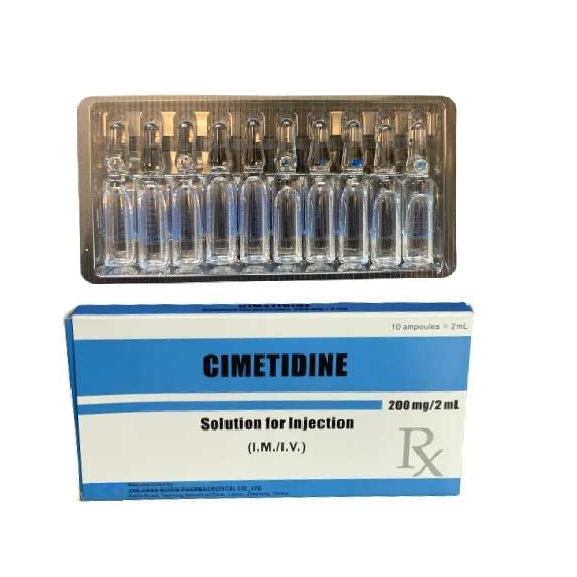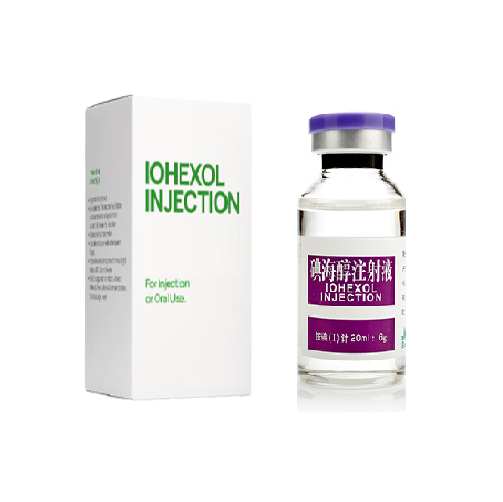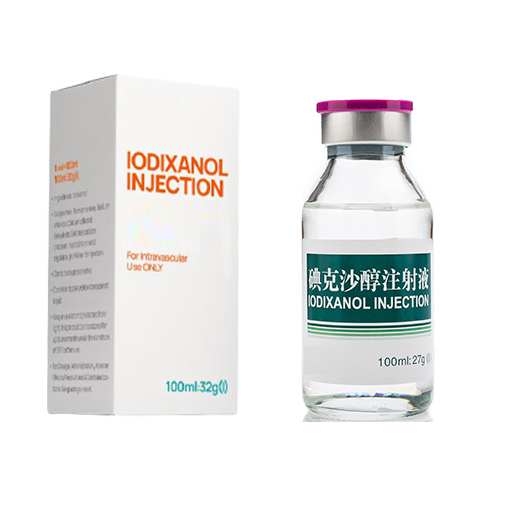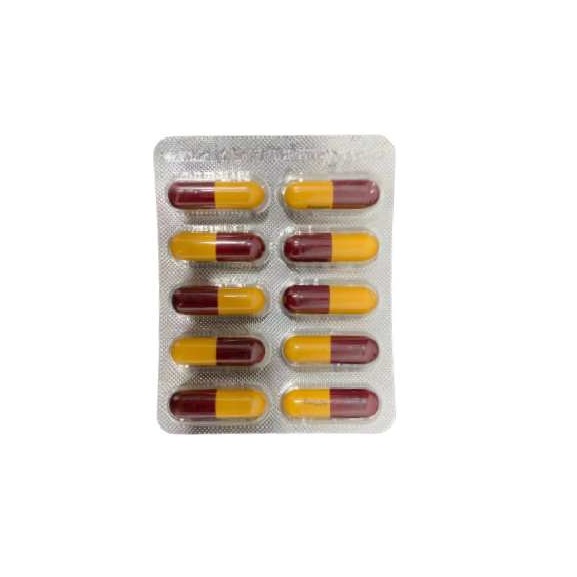Vitamin C (also known as ascorbic acid) is common in clinical and daily life. Some types of drugs should not use in combination with vitamin C due to its strong reducing and acidic properties. In order to assure the rational use of drugs, and avoid vitamin c drug interaction, below we list the 7 types of drugs that should use with cautionin combination with vitamin C.
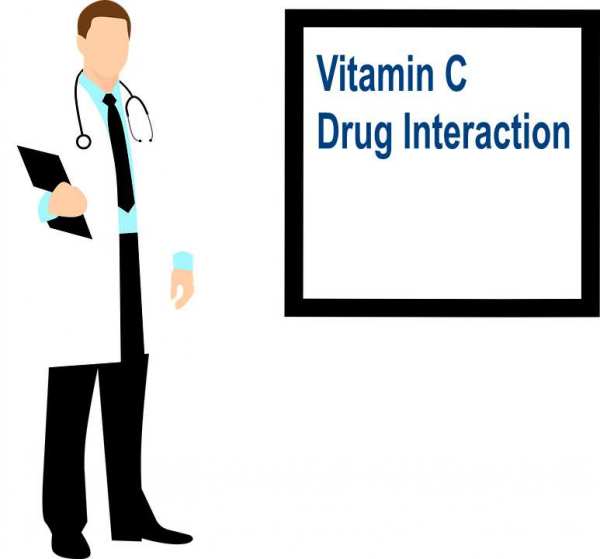
Antibiotics
Metronidazole
According to the research, the color of solution deepens immediately while using metronidazole injection in combination with vitamin C. Vitamin C content decreases immediately, and metronidazole content decreases significantly after 8 hours.
It is suggested to diluted metronidazole injection with 0.9% sodium chloride injection or glucose infusion 5% first in order to keep content of vitamin C and metronidazole at acceptability limit within 8 hours.
Penicillins
The strong strong reducing and acidic properties of vitamin C accelerate the hydrolysis reaction of penicillin, and brings highly sensitizing impurities.
Alkaline drug
Vitamin C lose activity due to acid base neutralization while use in combination with alkaline drugs such as sodium bicarbonate, sodium glutamate and aminophylline. So do not use alkaline drug with vitamin c to avoid drug interaction
NASIDs
Both vitamin C with aspirin are acidic medicine. The use of vitamin C causes acidification of urine, which reduce the decreasion of aspirin in urine, and increases the drug blood concentration. If use vitamin C together with aspirin, it might cause aspirin poisoning.
Other vitamins
As a strong reducing agent , vitamin C reacts with other vitamins such as vitamin Bs and vitamin K3, and folic acid.
Anticoagulant drugs
Vitamin C are against the anticoagulant effects of heparin and warfarin, leading to shortening of prothrombin time and weakening the effect of anticoagulant drugs.It is suggested to have at least 2 hours interval if while use together.
Other drugs
Long-term heavy use of vitamin C increases the combination of oxalic acid and calcium salt. If vitamin c with calcium tablets for a long time, the risk of gallstones increases.
Combination use of vitamin C and sulfonamides might cause crystaluria and lead to kidney damage.


